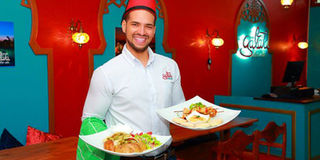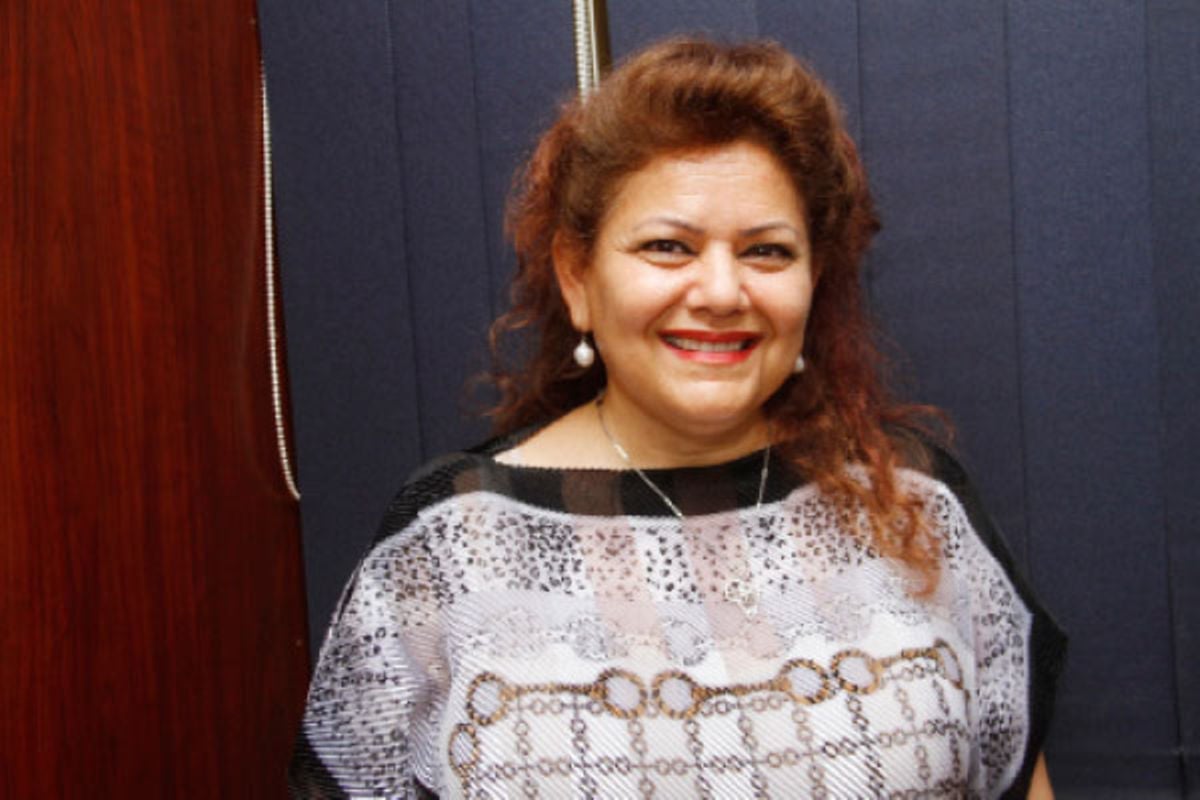Prime
A little Arab taste in the Belgian capital

A man displays a Turkish meal at a restaurant.
What you need to know:
- Sometimes, you will never know where you will easily fit in. But as you wander, you find a home away from home.
I was on a short trip to Belgium, and we found a bit of time to stop in Brussels for a few hours. I have visited this truly cosmopolitan capital many times, and its actually one of my favourites.
It is one city where Arab traders have their own piece of the pie, multi roads leading to a main one with almost only Arab- owned shops and restaurants.
There are also some Turkish businessmen who have also found their way in the midst, selling garments and curtains made in Turkey. It is interesting that each have their own line of merchandise that others don’t compete with, so here is a little tour of our day.
We first stopped at a perfume shop, it was run by Egyptians, mostly oriental scents and fragrances, including all types of body soap, shower gels and candles, all with an oriental mix of Mesk, Oud and Saffron and others. We then went to a coffee shop, owned by a Moroccan man, where they serve their famous green tea. I have to admit that I am not a big fan of that tea, but the ambience was very authentic.
Next stop was a Turkish evening wear shop, where one in our company wanted to purchase a party dress for a wedding she wanted to attend.
A note here, that in recent years, Turkey has become a very important producer of fashionable clothing for women in the Middle East, being itself a Moslem country, their production goes well with the taste of ladies in the Middle East, their leather jackets are also known by many people around the world, where very high quality jackets are sold at very reasonable prices.
As almost everywhere, the prominent feature of the market was cheap clothing, household items and all sorts of children’s toys, from China.
If you happened to land with a chopper in this street, without knowing where you landed, you wouldn’t distinguish it from any Arab city, you could be in one of the streets of Cairo, Damascus or Morocco.
The most prominent presence was with ladies wearing their hijab, not fully veiled but quite covered up, and alongside were a few Europeans and other nationalities. Before we took a break for lunch, we made a stop at a grocery shop owned by a Moroccan family. The interesting corner of the shop was the bakery side which included homemade bread and pastry, and Moroccans are known for that.
With that done, we had to end the journey with some authentic Syrian food, and Syrians are known for their cuisine that is also very similar to that of Lebanon.
Being a vegetarian in such restaurants is really not helpful, though you will get some nice salads and appetisers, the backbone of this cuisine is meat, and that was a great way to end the tour.





